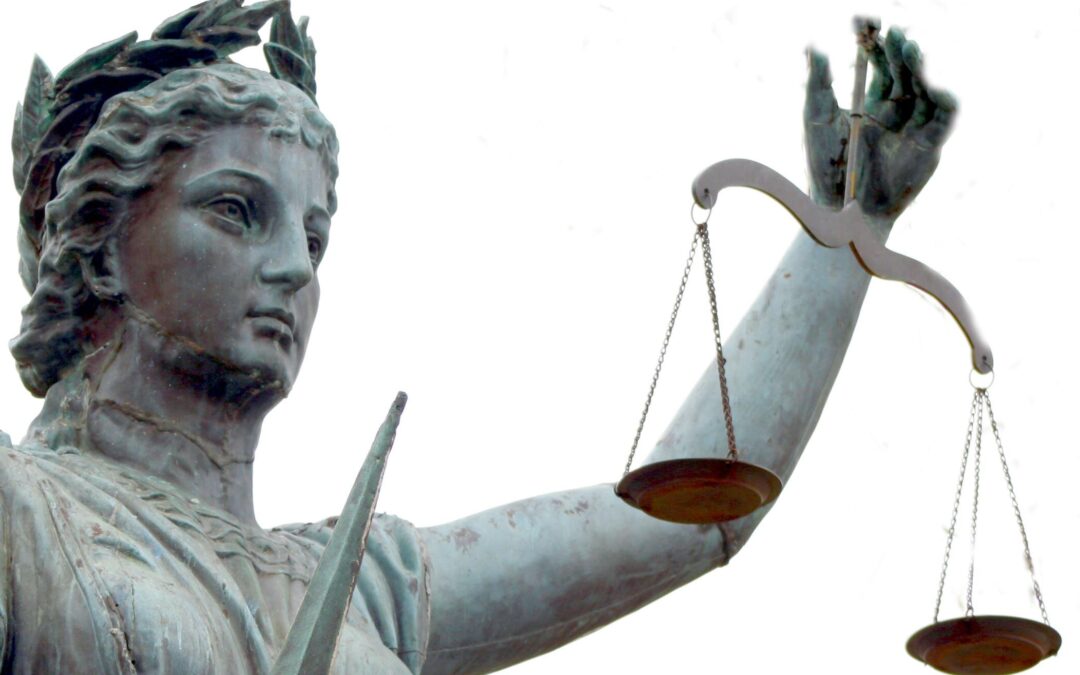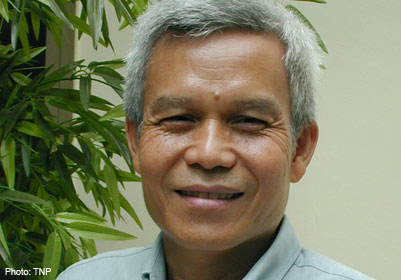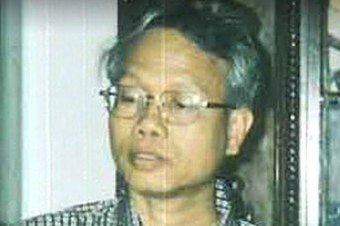
Serious setback: Singapore breaks moratorium on death penalty
The ICJ condemns the execution of Tan Hai Liang and Foong Chee Peng in Singapore today. By executing the two men, Singapore breaks the moratorium it has respected since 2011.

The ICJ condemns the execution of Tan Hai Liang and Foong Chee Peng in Singapore today. By executing the two men, Singapore breaks the moratorium it has respected since 2011.

The decision of a Thai criminal court today to dismiss the habeas corpus petition on behalf Pholachi “Billy” Rakchongcharoen highlights the need for the Thai Government to launch a special investigation into his possible enforced disappearance, the ICJ said.

The ICJ’s Centre for the Independence of Judges and Lawyers (CIJL) has launched the first in a series of Country Profiles, a new online tool on the ICJ’s website.
Profiles on Myanmar, the Russian Federation, South Sudan and Swaziland are being published today.
Tunisia, Venezuela and Honduras will be added in the coming months.
By the end of 2014, all five regions in which the ICJ is active will be represented (Asia-Pacific, Africa, Europe, Latin America, MENA). The CIJL plans to add further countries on an on-going basis, and periodically to update existing profiles.
Each profile summarises information about the independence of judges, lawyers and prosecutors in the country, and assesses the situation against relevant international law and standards.
The profiles aim to provide users, including legal professionals, academics, government officials and human rights defenders, with material in an accessible format which can also be used for further analysis.
The profiles reflect the efforts of the CIJL and other ICJ programmes to monitor the independence and accountability of judges, lawyers and prosecutors in certain countries, particularly those where their independence is threatened or under attack.
Moreover, the profiles provide reference points on the laws and the standards applicable to the independence of judges and lawyers and the administration of justice in each country.
The profiles can be accessed from the ICJ webpage for the Centre for the Independence of Judges and Lawyers.
They are available as an interactive database on the ICJ’s website, and can also be downloaded in PDF format.

The ICJ today called on the Lao PDR government to carry out a thorough and impartial investigation into the ‘disappearance’ of prominent development activist Sombath Somphone to clarify his fate or whereabouts.

The ICJ and the Cambodian Center for Human Rights (CCHR) today urged the Cambodian Senate to delay its decision to review three judicial reform draft laws on 12 June.

The Supreme Court of Thailand today rejected hearing crucial phone evidence in the case against five police officers who have been accused of subjecting prominent Thai lawyer Somchai Neelapaijit to enforced disappearance in Bangkok on 12 March 2004.